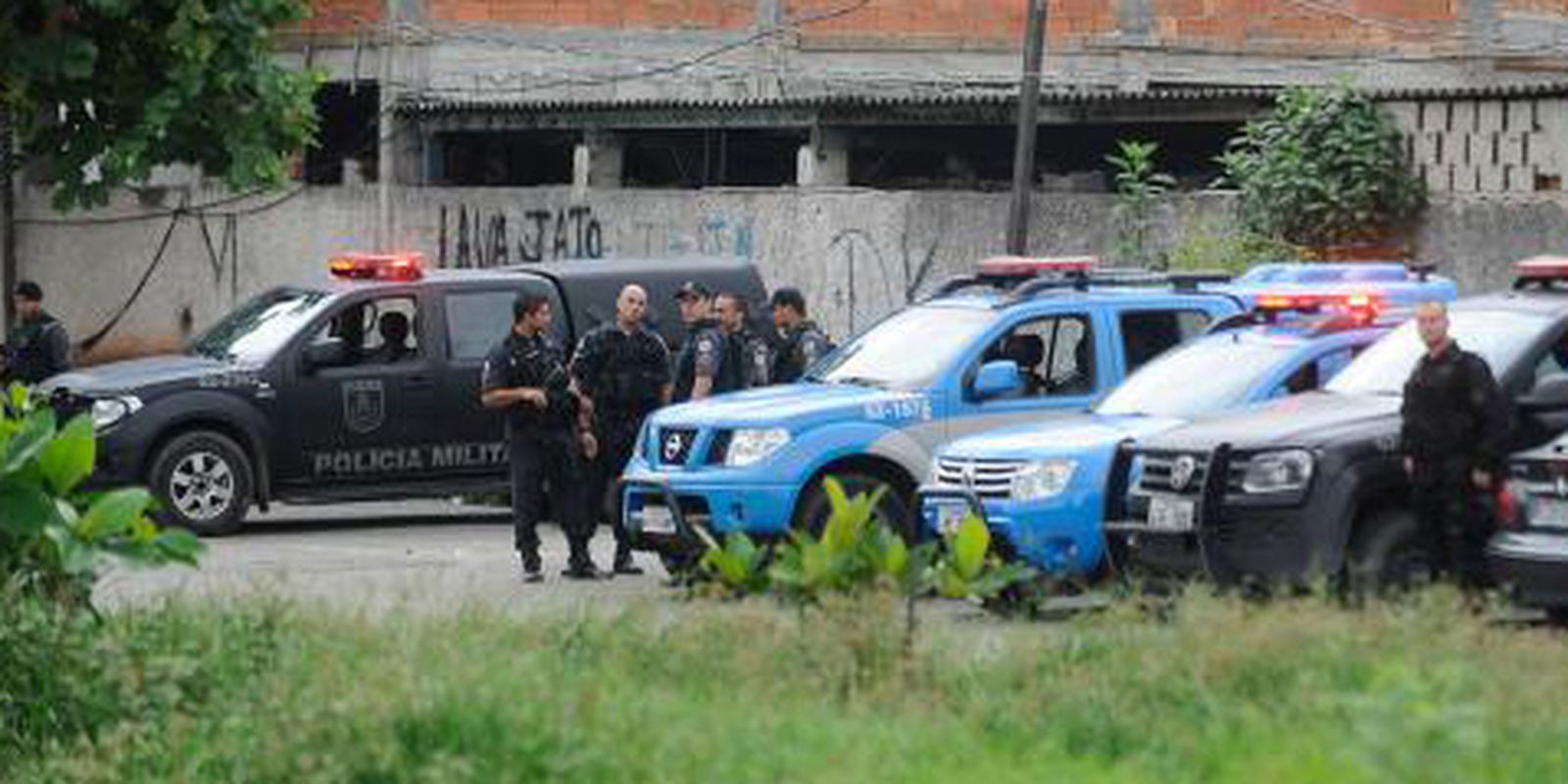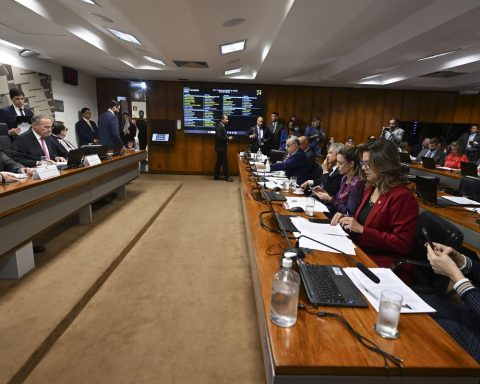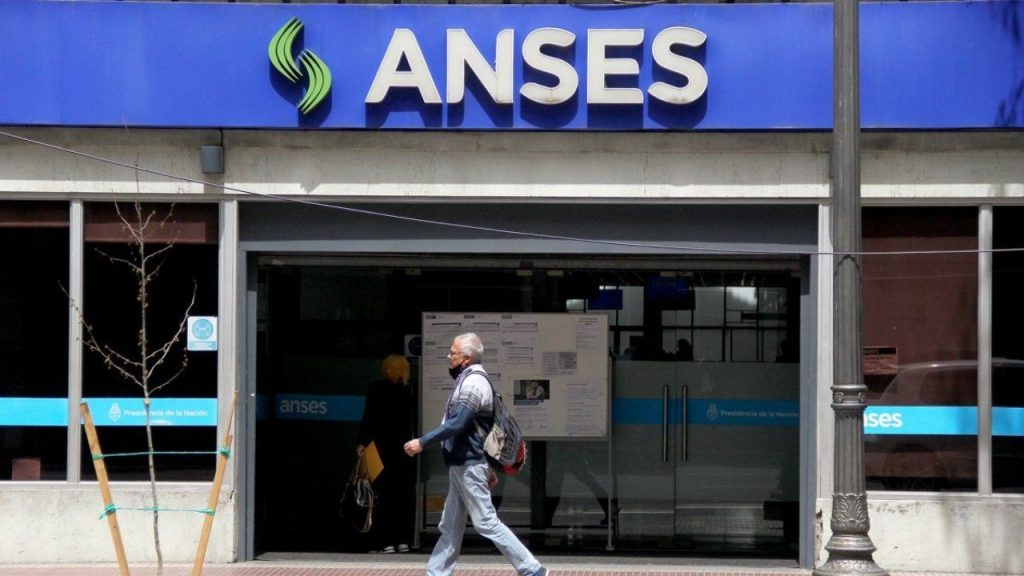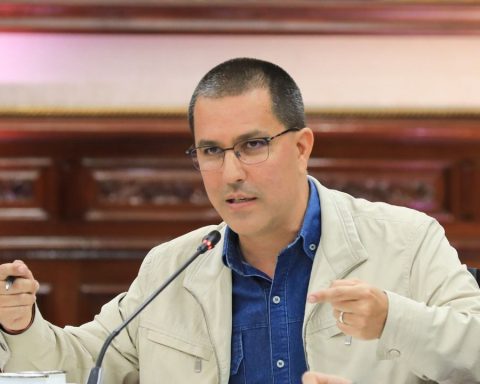THE Proposed Amendment to the Constitution (PEC) of Public Security was delivered on the 8th to the House of Representatives, by the Ministry of Justice. The proposal is one of the federal government’s bets to expand the security of the citizen, which provides, among other issues, a greater integration between the Union and the federated entities and to give constitutional support to the Single Public Security System (SUSP)created by ordinary law in 2018.
According to the Minister of Justice and Public Security, Ricardo Lewandowski, Constitutionalization could allow SUSP to function as the Unified Health System (SUS) which, according to him, works well because it is in the constitution.
The PEC text also proposes to update the competences of the Federal Police (PF) and Federal Highway (PRF). The PRF, for example, would become a federal ostensible police, renamed the Federal Road Police, with its expanded duties to do ostensible policing also on railroads and waterways, as well as highways, as already happens, and to assist state security forces when requested.
Other proposals are the standardization of protocols, information and statistical data; to establish general guidelines for safety and penitentiary system; to fix attributions from municipal guards and create corregedorias and ombudsmen with functional autonomy in relation to security forces under their scrutiny.
The National Funds of Public Security (FNSP) and National Penitentiary (Funpen) would also be foreseen in the Constitution, in order to guarantee resources and protect them against contingencies.
Although PEC brings positive points, the experts heard by the Brazil agency They do not believe that the proposal will lead to significant changes in Brazilian public security policies.
“PEC PEC PEC does not change public safety policy, it does not introduce news. We are in a situation that we need effective policies,” says the researcher at the Fluminense Federal University (UFF) Carolina Grillo.
“She [PEC] It does not offer an answer to the sense of insecurity of the population. It only constitutionalizes a series of practices that were already adopted, ”he says.
José Cláudio Souza Alves, researcher at the Federal Rural University of Rio de Janeiro (UFRRJ), also considers that, in general, PEC does not bring great news and does not offer answers to structural questions of crime.
“This is to make debate between the far right and the government, it does not bring a real solution. The problem is on the basis of a wicked, cruel social structure that gives you no possibility and that will corrupt this entire public safety structure. Or you interfere with this structure, give alternatives and allow this young man to have a chance to survive all this with another kind of economic, social, political, or you won’t resolve. [A PEC] It’s an illusion, ”says the researcher, who studies criminal dynamics in the Baixada Fluminense, such as extermination groups and forced disappearances.
The teacher of the Getulio Vargas Foundation (FGV) and public security consultant Alan Fernandes, who was Lieutenant Colonel of the São Paulo Military Police, agree that PEC will not bring changes in the short termbut believes that “it is a nod of structural changes, so that the initial steps are taken” for medium and long term changes.
“PEC, although it cannot be immediately felt by the citizen, it gives the conditions of new arrangements, which Brazil does not yet have, but that without it would not be possible to make possible.
Sigh
For Fernandes, PEC will strengthen SUSP, created in 2018.
“Since the issue of the Susp Law, they needed legal and even administrative instruments to implement this law. In other words, the federal government was with a law of difficult implementation due to the resistance of state governors,” he says.
The researcher explains that the constitutionalization of SUSP allows instruments as a national coordination on safety topics that have interstate character.
Carolina Grillo also considers that the constitutionalization of the theme of security is important to explain the attributions of each federated entity, which are not yet clear in the Federal Constitution.
“The question of constitutionalization is important, for example, to standardize the issue of data. The inclusion of SUSP in the Constitution is also a breakthrough. It is very important that the federal government understood the relevance of its performance in the conduct of public policies ”.
Corregedorias
Carolina Grillo points out that the autonomy of the Corregedorias and Ombudsmen is another advance proposed by PEC.
“This is critical to avoiding interruptions in the work of the corregedorias. Often, when there are police investigating their colleagues, they can be intimidated by police structures, which makes the possibilities of obstruction and adoption of corporatist postures much greater. So it is essential that the corregedorias are separated,” he notes.
For researcher José Cláudio Souza Alves, issues such as improvement and standardization of protocols and data are something that any administrative structure should seek, but does not believe that it solves much.
He also points out that the existence of an autonomous corregedoria alone does not guarantee efficiency of control over police activity.
“Put a co -office on a structure that looks like a pierced Swiss cheese, with a lot of committed people [com atividades criminais]How will this solve? “He asks.
Ostensive police
Researcher José Cláudio Souza Alves also criticizes the expansion of PRF skills, which, in practice, creates a federal ostensible police. According to him, that would be “more of the same.”
“In 2020, here in Baixada [fluminense]the PRF joined the Civil Police, and killed 17 people, five in Nova Iguaçu and 12 in Itaguaí, in 2 days. Placing a federal, armed ostensive police to do operation is to hit the same key. It will intensify the conflicts more and will not resolve anything, “he warns.
Carolina Grillo says, however, that, in practice, PRF already operates outside the highways and that PEC will only officialize this performance.
Government
During a Federal Senate hearing on April 9, Minister Ricardo Lewandowski said that “PEC is an attempt to organize the game and then give a new match.”
“We are proposing national guidelines that will be built in dialogue with federative entities and civil society, without removing local competences or compromising the autonomy of states about their police forces,” he said.
At the time of the proposal to the House of Representatives, the Minister of the Secretariat of Institutional Relations, Gleisi Hoffmann, said that PEC is a “very necessary debate for Brazilcomplemented by other actions of the Federal Government, that the Ministry of Justice and Public Security has already prepared “.














